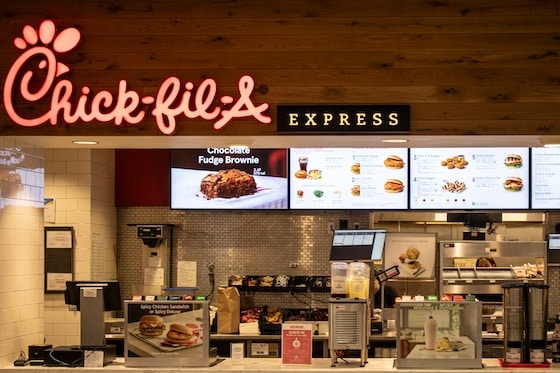For agencies navigating the competitive world of local marketing, co-op advertising often represents a hidden but powerful lever for growth. Yet, the effectiveness of tapping into these funds depends on one crucial factor: vertical focus.
When an agency specializes in a single vertical—say, automotive—it tends to speak the industry’s language fluently. Sales teams know the models, the seasonal rollouts, the competitive dynamics, and importantly, the ins and outs of co-op funds. Many auto dealers even track their available co-op dollars to the penny, making these conversations smooth and productive.
But for agencies and media publishers that sell across multiple verticals, the landscape is more fragmented. Knowledge of co-op programs varies widely, and sales reps tasked with covering everything from auto to healthcare to home services often struggle to keep up with each brand’s rules and reimbursement structures. That’s where a “vertical-first” approach can shift the equation.
A Case in Point: Garage Doors as a Gateway
One agency recently discovered the power of vertical specialization through an unexpected starting point: garage doors. A sales rep assigned to a single Amarr dealer closed a deal, then paused before moving on to another, unrelated client vertical. Instead, he researched other Amarr dealers within 100 miles and reached out with a refined, well-practiced pitch.
Because he had already mastered the nuances of Amarr’s business and co-op structures, he quickly won more deals. Encouraged by the success, he proposed expanding his reach to Amarr dealers nationwide. The results were significant: faster closes, stronger relationships, and a growing reputation as an industry insider.
Once that market was covered, the rep began studying other garage door brands, such as LiftMaster, aiming to replicate the model. The lesson was clear: by focusing on one brand—or one vertical—sales reps not only gained efficiency but also built credibility that translated into higher close rates.
Of course, vertical specialization isn’t without its limits. Agencies may “hit a wall” after exhausting early wins, with the next wave of prospects proving harder to convert. At that point, the strategy is to pivot—move to another brand within the vertical, or shift to a new industry altogether, carrying forward the playbook and expertise built along the way.
Why Vertical Focus Works
The vertical-first approach mirrors broader trends in agency growth. Scorpion, one of the fastest-growing players in the local marketing world, offers a telling example. Like many agencies, Scorpion once faced the $20 million revenue “ceiling”—a level where scaling requires fundamental changes in operations and sales.
Instead of staying flat, Scorpion doubled down on vertical specialization. The agency focused its efforts on law, healthcare, and home services … industries where small business owners not only had marketing budgets but also valued high-touch, “do it for me” services. By developing repeatable, industry-specific playbooks, Scorpion created efficiencies, credibility, and stronger results for clients.
That focus paid off. Today, Scorpion generates $200 million in revenue with streamlined operations and a reputation for delivering results. The lesson? Agencies that commit to verticals and refine their sales processes can move beyond the plateau that stalls many peers.
Building the Co-Op Conversation
For agencies looking to apply this model, co-op advertising is an effective entry point. When a sales rep demonstrates fluency in co-op rules and reimbursement processes, they position themselves as more than just media sellers—they become advisors helping clients unlock dollars they already have available.
The key is not necessarily having one “right” way to introduce co-op funds into the sales process, but having a strategy tailored to the vertical. For automotive dealers, it may be a highly technical, budget-driven conversation. For home services, it may require more education, helping business owners discover funds they didn’t know they could access.
Agencies that align co-op conversations with vertical knowledge stand to benefit in two ways: higher close rates and deeper client trust.
The Road Ahead
Vertical specialization is not a silver bullet, but it offers agencies a structured way to scale. Whether it’s garage doors, law practices, or healthcare clinics, building expertise in one vertical allows sales reps to sharpen their pitch, understand co-op opportunities, and become trusted experts.
The model may not deliver endless wins—walls will be hit, pivots will be required—but as Scorpion’s trajectory shows, agencies that double down on verticals and refine their sales playbooks are more likely to push past growth plateaus.
For agencies chasing sustainable growth, the question is less about whether co-op advertising should be part of the conversation—it’s how to structure that conversation by vertical. And for many, that might just be the difference between incremental wins and a breakout trajectory.



